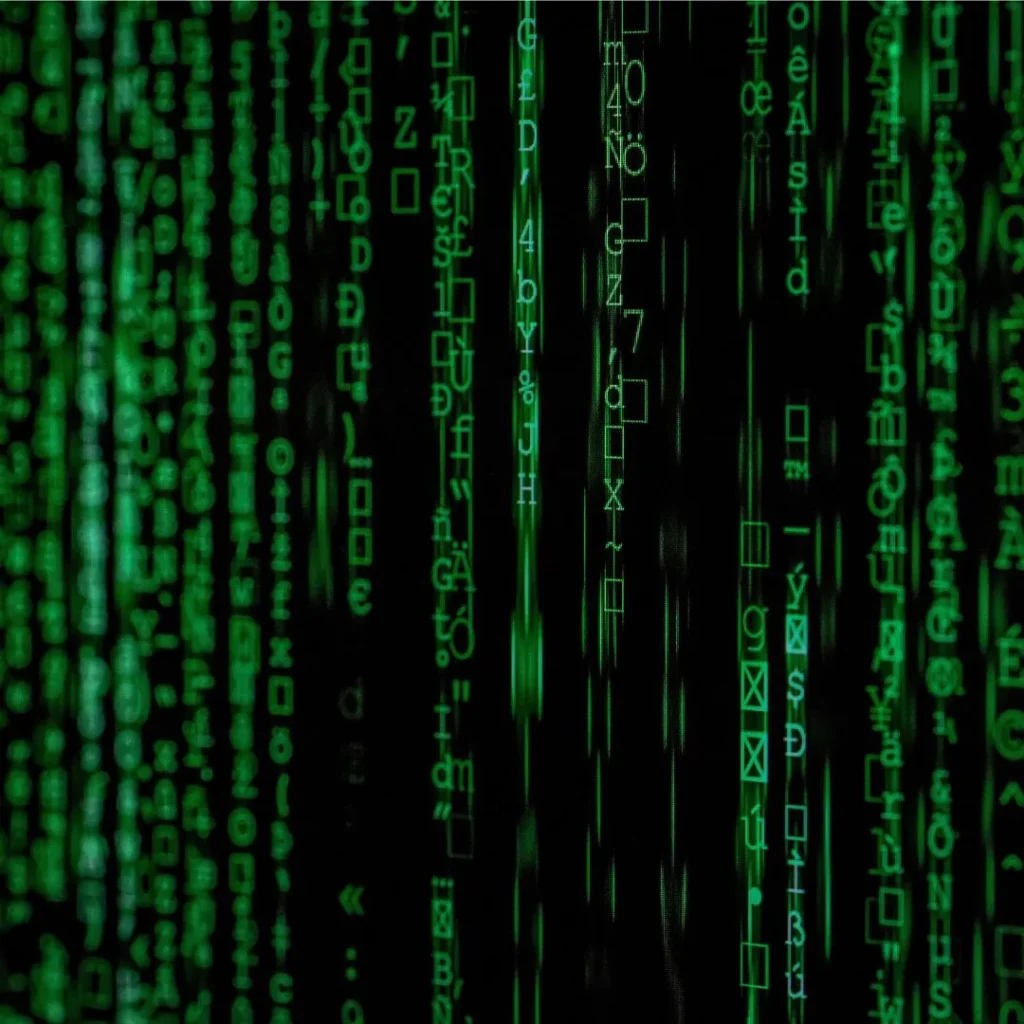

Table of Contents
Dark-web-search-engines
Introduction to the Dark Web
The dark web is a mysterious part of the internet that isn’t indexed by traditional search engines like Google or Bing. It is a small portion of the deep web that requires special tools, such as the Tor browser, to access. Many people associate the dark web with illegal activities, but it also serves as a space for privacy-conscious users, journalists, and whistleblowers.

How is it Different from the Surface Web and Deep Web?
- Surface Web: The part of the internet that is accessible via normal search engines.
- Deep Web: Includes private databases, academic journals, and subscription-based content not indexed by search engines.
- Dark Web: Requires specialized software to access and offers anonymity through encryption.
Myths and Misconceptions
- The dark web is not entirely illegal.
- It is not only used by criminals; many users seek privacy and freedom of speech.
- The dark web is not impenetrable by law enforcement.
Understanding Onion Links

What Are .Onion Links?
“.onion” links are special domains used on the Tor network. These URLs are designed for anonymous communication and cannot be accessed via standard browsers.
Why Are They Used?
- Anonymity: Users and website owners remain anonymous.
- Security: Encrypted connections prevent tracking.
- Privacy: Ideal for whistleblowers, activists, and journalists.
How to Access the Dark Web
- Download and Install the Tor Browser
- Use a VPN for Extra Security
- Adjust Privacy and Security Settings
- Be Cautious of Malicious Links
- Never Share Personal Information

Top Dark Web Search Engines
1. Ahmia
- One of the few search engines that index dark web sites and display them on the surface web.
- Pros: User-friendly, clean UI, safe browsing experience.
- Cons: Limited indexing of dark web sites.
2. Torch
- One of the oldest dark web search engines.
- Pros: Large database, fast indexing.
- Cons: Some unreliable or outdated links.
3. Not Evil
- Known for providing high-quality and filtered results.
- Pros: No ads, high accuracy.
- Cons: Hard to access sometimes.
4. Haystak
- Claims to have indexed over 1.5 billion dark web pages.
- Pros: Huge database, premium options available.
- Cons: Free version has limited searches.
5. Candle
- Designed to work like Google for the dark web.
- Pros: Easy-to-use interface.
- Cons: Limited results.

Common Threats on the Dark Web
- Phishing scams targeting users.
- Malware infections from downloading files.
- Fraudulent marketplaces scamming buyers.
Conclusion
Dark web search engines provide a way to navigate the hidden corners of the internet, but they come with risks. While there are legitimate uses, users must take safety precautions and be aware of potential threats. Always prioritize security and ethical browsing practices.
FAQs
1. Can I be tracked while using the dark web?
Yes, if you do not take proper precautions like using a VPN and Tor’s security settings.
2. Are dark web search engines safe?
Some are safe, but others can lead to harmful content. Always verify links.
3. What legal activities exist on the dark web?
Legal activities include journalism, research, and privacy-focused communications.
4. How do I find reliable .onion links?
Use reputable dark web search engines like Ahmia and Candle.
5. Is it illegal to browse the dark web?
No, but engaging in illegal activities on the dark web is against the law.





Comments (2)
Smart budget hacks cwbiancamarket to Save Money 2025says:
March 23, 2025 at 9:39 pm[…] Online shopping can be a big money-saver if you know the right tricks. budget hacks cwbiancamarket offers tools to help you save more. you can stretch your money further. […]
What Does CP Stand for on the Dark Web? The Terminology 25says:
March 30, 2025 at 9:30 pm[…] indexed by traditional search engines like Google. It is accessed using special software such as Tor (The Onion Router), which provides users with […]